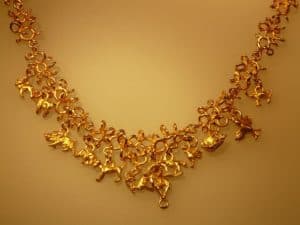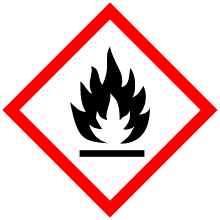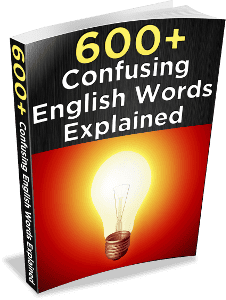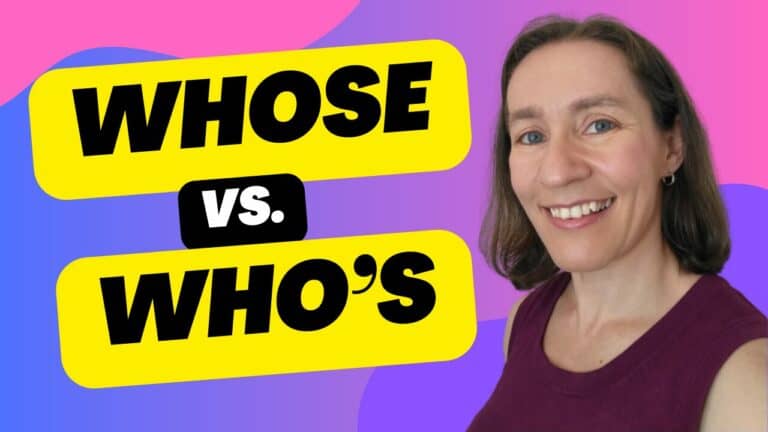
Today I’m going to teach you three pairs of confusing words that have the prefix IN-.
In many words, IN- means the opposite or “not”:
- inconsistent = NOT consistent
- insufficient = NOT sufficient
- independent = NOT dependent
- incorrect = NOT correct
However, there are some exceptions that might be confusing, and you’ll learn three of them in this lesson.
valuable vs. invaluable
If something is valuable, it means it is worth a lot of money, or is very important. A gold necklace is valuable – it might cost $1,000.

You might imagine that invaluable means “not valuable” – but that’s not true! The word invaluable means extremely valuable; the value is so great that it is impossible to measure. A unique and famous painting like the Mona Lisa is invaluable.
You can also describe non-physical things as invaluable – for example, if someone gave you advice that drastically changed your life for the better, you could say that their advice was invaluable – it was SO valuable and SO important that it’s impossible to measure how much it was worth.
famous vs. infamous
The adjective famous describes someone or something that a lot of people know about.
Does infamous mean the opposite, “not famous”? No! Infamous means being famous for a BAD reason. For example, a criminal who has robbed 10 big banks would be an infamous bank robber – a lot of people know about him, but it’s because of something negative, because of his bad behavior.

A person is infamous when they have a very bad reputation that is known by a lot of people. We can also use this word for things that are not people. If there’s a city that has terrible traffic all the time, we can talk about the infamous traffic jams there – again, well-known for a bad reason.
Note that there’s a pronunciation difference as well:
- FA-mous (“a” like in “name”, stress on “FA”)
- IN-fa-mous (“a” sounds like “uh”, stress on “IN”)
flammable vs. inflammable
If something is flammable, it means it can catch fire. Paper, wood, and gasoline are all flammable. What’s crazy is that the word inflammable means exactly the same thing – that something can catch fire! Paper, wood, and gasoline are all inflammable. So if you see a warning label on something that says it’s flammable / inflammable, that means the object is capable of catching fire and burning.

How do we make the opposite word – how do we say that something is NOT capable of catching fire? The opposite is non-flammable. Glass, rock, and metal are non-flammable materials.
I hope this lesson has helped clarify the meanings of invaluable (extremely valuable), infamous (known for something bad), and inflammable (able to catch fire, same as flammable).
For more lessons on confusing words, you can get my e-book 600+ Confusing English Words Explained.










